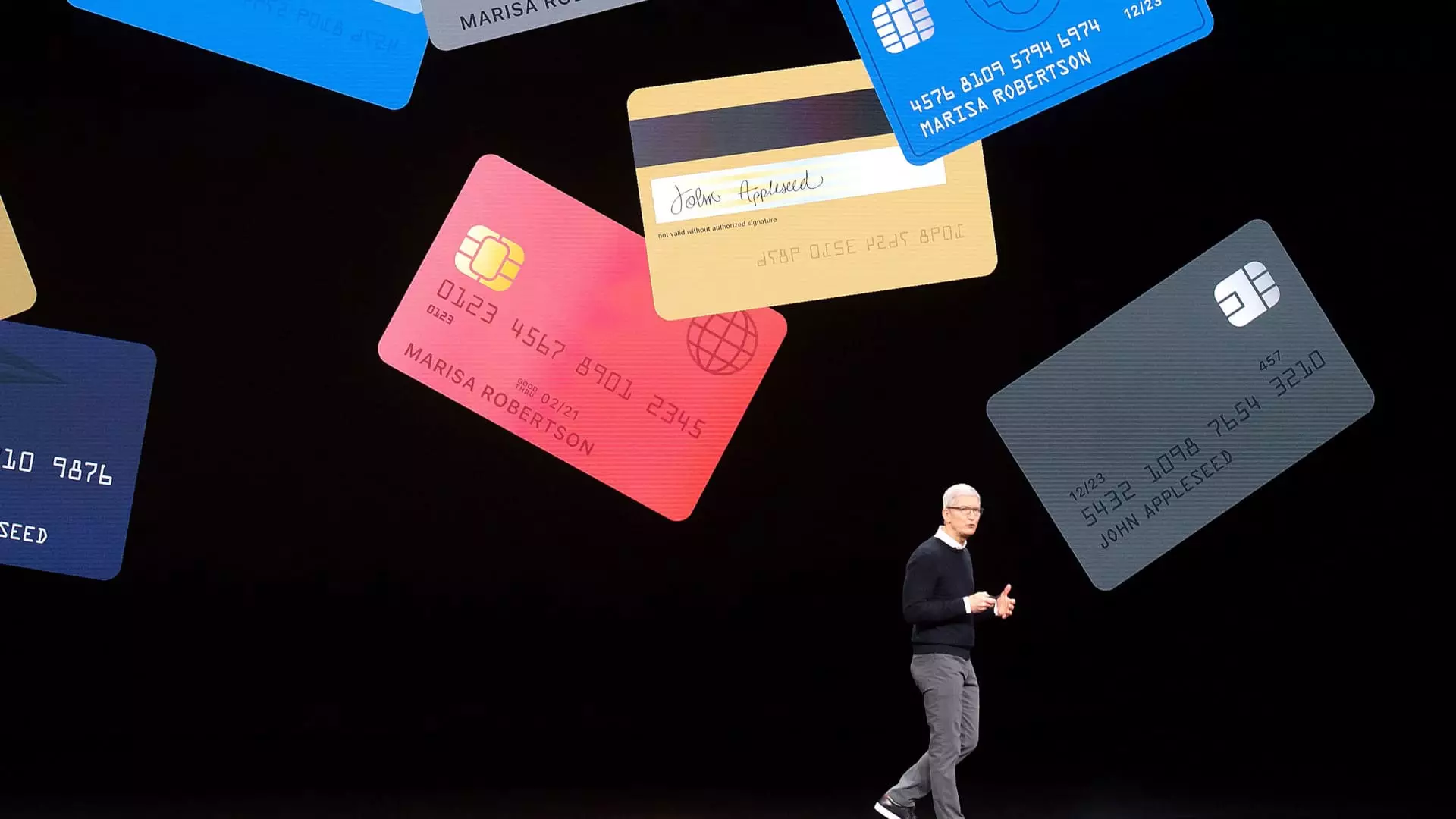Apple Inc. is reportedly exploring a significant change in its financial partnerships by discussing a potential takeover of its flagship credit card program, the Apple Card, by JPMorgan Chase. According to insiders familiar with the negotiations, these discussions are still in their infancy, highlighting the complexities and uncertainties involved in such a transition. Core aspects of a prospective deal—including the valuation of the credit card portfolio and the decision on whether JPMorgan would maintain existing features—remain unresolved. This anticipated shift emphasizes how Apple, a tech giant, faces limitations stemming from its previous partnership with Goldman Sachs.
The Implications of Goldman Sachs’ Retreat
Goldman Sachs has recently been reevaluating its retail banking strategies, leading to a pivot away from its collaboration with Apple. This strategy reassessment has left Apple in a precarious position, where its options for securing a new financial partner are rather restricted. With minimal institutions capable of managing the complexities of the Apple Card program, Apple must navigate a landscape that is often overshadowed by regulatory scrutiny and financial losses experienced by Goldman Sachs. This predicament reflects broader vulnerabilities tied to the evolving financial landscape in the United States, where economic uncertainties may affect consumer card usage.
As the largest credit card issuer in the U.S. by purchase volume, JPMorgan presents a compelling option for Apple. This significant market position, as indicated by industry reports, enables JPMorgan to approach such deals with the leverage and experience necessary to potentially turn the Apple Card’s fortunes around. Despite this, insiders reveal that the bank is looking to negotiate a lower acquisition cost for the card’s existing loans, estimated at around $17 billion. Such a request stems from the elevated risks associated with the Apple Card, particularly concerning delinquencies and defaults, which have been higher than average among users.
The credit health of the Apple Card portfolio has raised eyebrows, especially in light of concerns about the overall state of the U.S. economy. The existing defaults mainly originate from new account holders, with analysts suggesting that these may stabilize over time. However, the question surrounding the credit quality has rendered the portfolio less enticing to potential issuers, particularly as sentiments shift toward caution in light of possible economic downturns.
Feature Adjustments on the Horizon
Another crucial point of contention in the discussions is the future of certain Apple Card features, particularly the unique calendar-based billing approach. This billing system, intended to streamline user experiences, presents operational challenges for customer service as it leads to an influx of inquiries at the beginning of each month. JPMorgan’s interest in modifying or potentially eliminating this feature indicates an inclination toward operational efficiency over customer convenience, a shift that could alter the user appeal of the Apple Card.
As negotiations between Apple and JPMorgan Chase unfold, the ultimate outcome remains uncertain. Whether this partnership materializes will depend not only on financial negotiations but also on how both companies envision the future of the Apple Card. Stakeholders are left speculating about the potential risks and rewards of such a significant pivot in Apple’s financial strategy. As the situation evolves, the importance of strategic partnerships in navigating economic challenges becomes abundantly clear.


Leave a Reply